
The Dilemma of Nepal Samajwadi Party’s Political Direction
In the wake of Nepal’s general elections last November, the Nepal Samajwadi Party (NSP) finds itself at a crucial juncture, torn between merging with the CPN (Maoist Center) or charting an independent political course. Internal discussions within the party have exposed a deep divide, leaving NSP Chairman Dr. Baburam Bhattarai in a precarious position.
Dr. Bhattarai has been vocal about positioning the NSP as an alternative political force, asserting that new parties lack a clear vision to lead the country. However, leaders close to Chairman Mahendra Raya Yadav advocate for a merger with the Maoist Center, envisioning a formidable alternative force in the country. This internal struggle has sparked speculation about a potential split within the NSP.
Dr. Bhattarai, a key figure in the ‘people’s war’ initiated by the Maoists in 1995, left the party in 2015, citing its inability to bring about the desired transformation in the country. Despite leading multiple parties since then, his efforts to establish a strong party organization have faced challenges. His proximity to Pushpa Kamal Dahal and the Maoist Center has persisted, leading to speculation about unity talks between the two parties.
The NSP and the Maoist Center had initially reached a consensus for working unity after the November elections, forming talks teams to facilitate the unification process. However, complications arose when a letter intended for party unification was addressed to NSP Chairman Yadav instead of Dr. Bhattarai, causing discontent within the NSP.
Amidst these developments, the Maoist Center collaborated with other political parties to form the Socialist Front, excluding Dr. Bhattarai, who initially proposed the idea. With unification talks on hold, attention now turns to the upcoming NSP central committee meeting scheduled for November 22 and 23, expected to be a showdown between factions favoring a merger with the Maoist Center and those advocating for alternative politics.
Despite being the NSP Chairperson, Yadav reportedly has minimal involvement in party activities, leading to speculation that he and his supporters have begun working internally for the Maoists. Co-chairman Ganga Narayan Shrestha, a close ally of Dr. Bhattarai, disagrees with the idea of pursuing alternative politics, questioning the true nature of being an alternative force after merging with another party.
Political analyst Narendra Jung Peter suggests that Dr. Bhattarai is facing an existential crisis as his party experiences gradual erosion, rendering him increasingly powerless. Peter points out a mutual lack of understanding, emphasizing Dr. Bhattarai’s struggle to comprehend the perspectives of those around him and the strategic finesse required in power politics.
As the NSP’s fate hangs in the balance, the political landscape in Nepal awaits the outcome of the central committee meeting and the decisions that will shape the future trajectory of this influential party.
- Xi Jinping’s Controversial European Tour: Allegations of Influence and Corruption
- Knife Attack in China: Two Dead, 21 Injured in Yunnan Hospital
- Improvements Noted, More Work Needed for Women and Children, Says Minister Chaudhary
- Government preparing to bring Mass Communication Bill soon: Minister Sharma
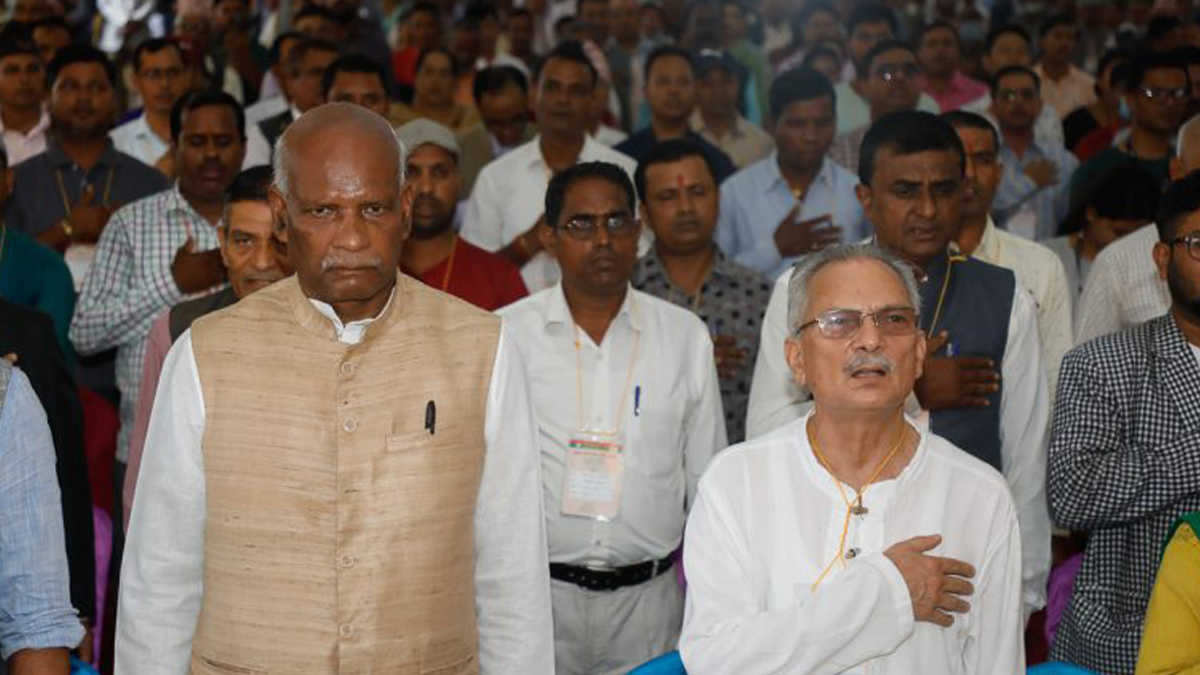


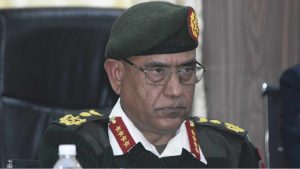
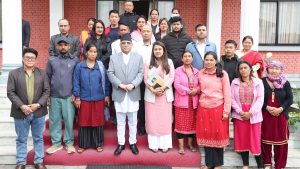
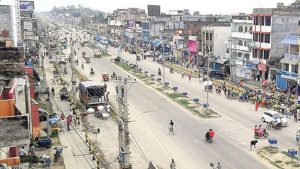
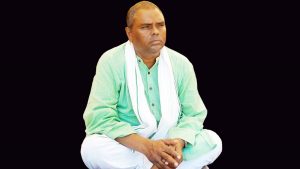
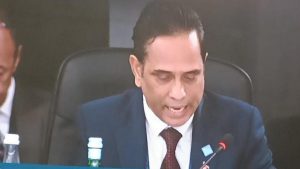




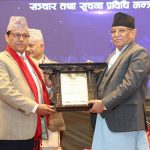

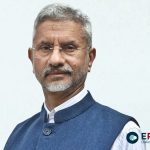
Comments